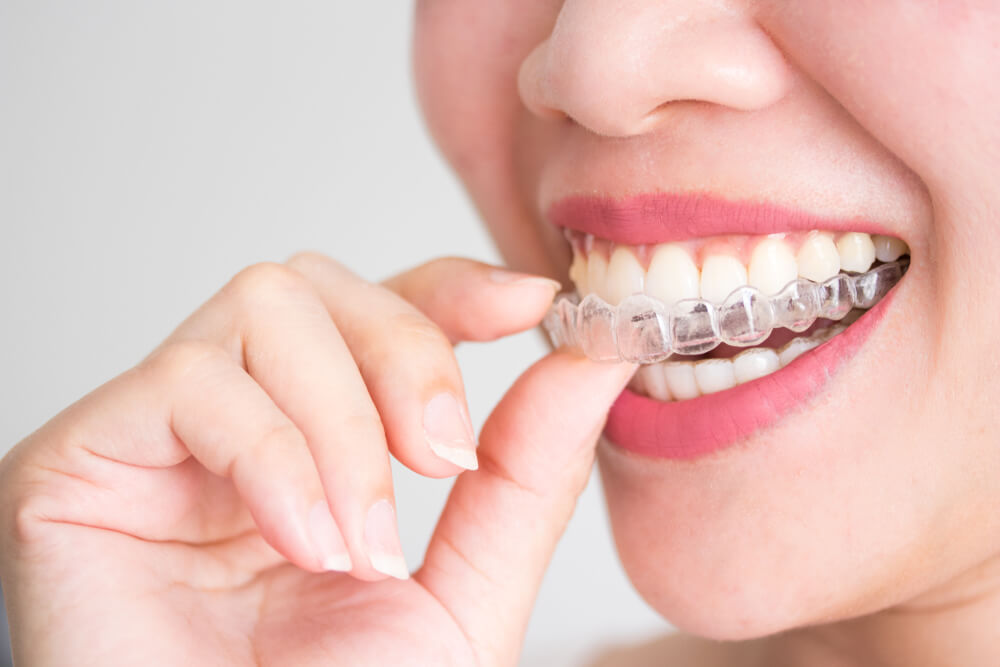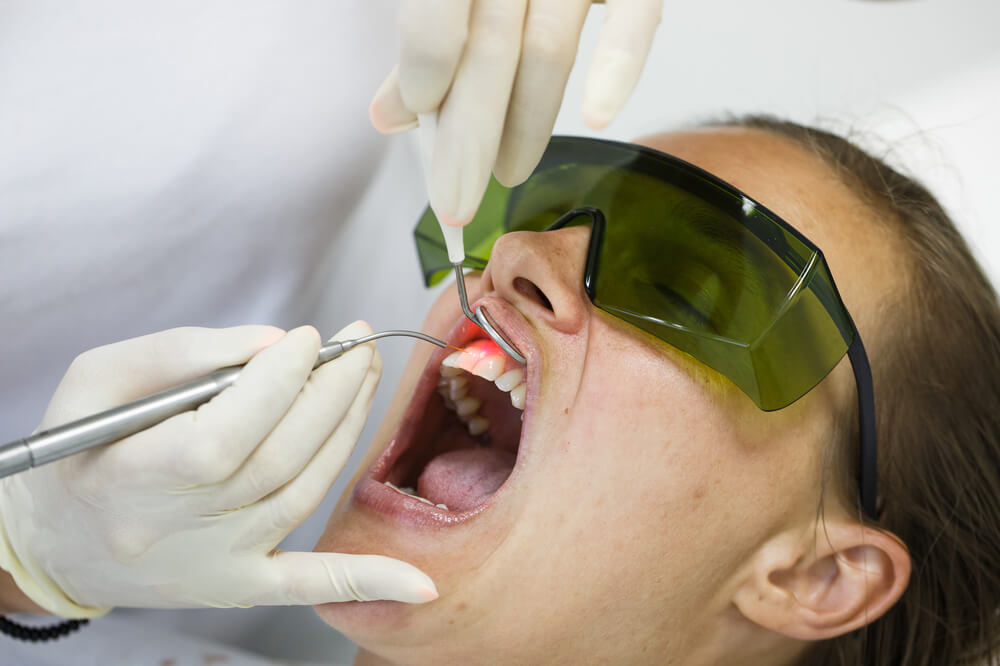Sensitive teeth are typically the result of worn tooth enamel or exposed tooth roots. Sometimes, however, tooth discomfort is caused by other factors, such as a cavity, a cracked or chipped tooth, a worn filling, or gum disease.

What Causes Sensitive Teeth?
You might notice that your teeth have become sensitive to hot or cold temperatures, or sweet and sour foods. It might hurt when you take a bite of ice cream or breathe in cold air. It may become painful when you drink hot coffee. Sometimes it can even hurt just to floss or brush your teeth. You might just have sensitive teeth, or the pain could be your mouth’s way of telling you there is some kind of problem like decay, a cavity, a cracked tooth, worn fillings, periodontal disease, or exposed roots.

Your teeth have several layers. There is a protective layer on top called the enamel. Under that is a substance called dentin. This substance covers the tooth’s roots which contain channels that lead to the nerve center – the pulp. Sometimes wear and tear or decay can cause damage to the enamel. When this happens the underlying layers are exposed and the hot and cold stimuli can reach the nerves. Over time, they may become very sensitive to variations in temperature or to pressure when you chew.
If you have sensitive teeth, find a family dentist who can determine the cause. After an examination, the dentist may determine that you have a dental problem that needs further treatment such as a filling or crown. If there is no dental condition underlying the sensitivity the dentist may recommend that you use some type of desensitizing toothpaste to dull the nerve endings in your tooth. The dentist might also apply a fluoride gel to the sensitive area of your mouth.
Dental-Consultants.Com is your go-to source for dental information and dental education. If you are concerned about sensitive teeth, use our dental profiles to help find a family dentist or general dentist who can help because Dental-Consultants.Com is “where patients and dentists meet.”






